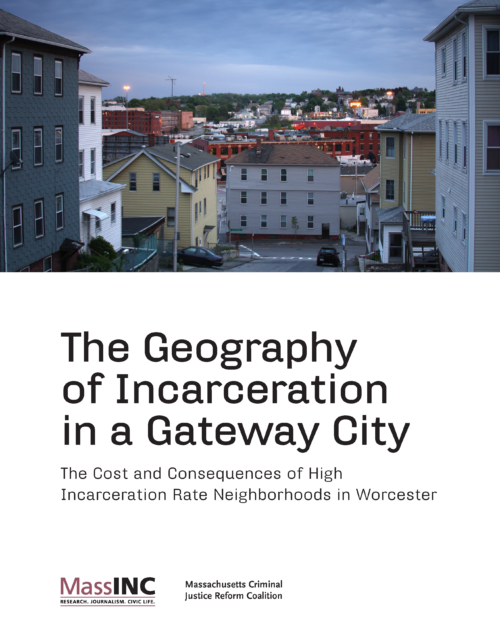
Lindiwe currently serves as Transit-oriented Development Specialist on the MassINC Gateway Cities Initiative research team. Her work is focused on leveraging transit in order to generate inclusive economic growth and revitalization within Gateway City downtowns.
Lindiwe holds a BA from Harvard University in development economics with a focus on poverty alleviation, and a Masters in City Planning from MIT with a concentration in transportation, spatial analytics, and displacement management. She has experience in both the public and private sectors in Washington DC, Boston, Detroit, Caracas, Medellin, Nairobi, and Zurich on matters of mobility network design, project monitoring and evaluation, housing policy, race and gender equity, and economic development. In addition to TOD, her research over the past year has focused primarily on equitable and sustainable urban mobility, land use planning, mapping/data visualization creation, and community engagement regarding both transportation and housing policy.
Outside of the office, Lindiwe can be found zipping through the streets of Boston on her bright green Bianchi (bicycle) scouting out new ramen joints, competing in racquetball tournaments at the YMCA, or grabbing a drink with the house band at Wally’s at the night’s end.
-
The Geography of Incarceration in a Gateway City
The Cost and Consequences of High Incarceration Rate Neighborhoods in Worcester
September 25, 2017
-
Reading employer demand for transit in the job growth tea leaves
The picture we get is revealing
August 11, 2017
-



